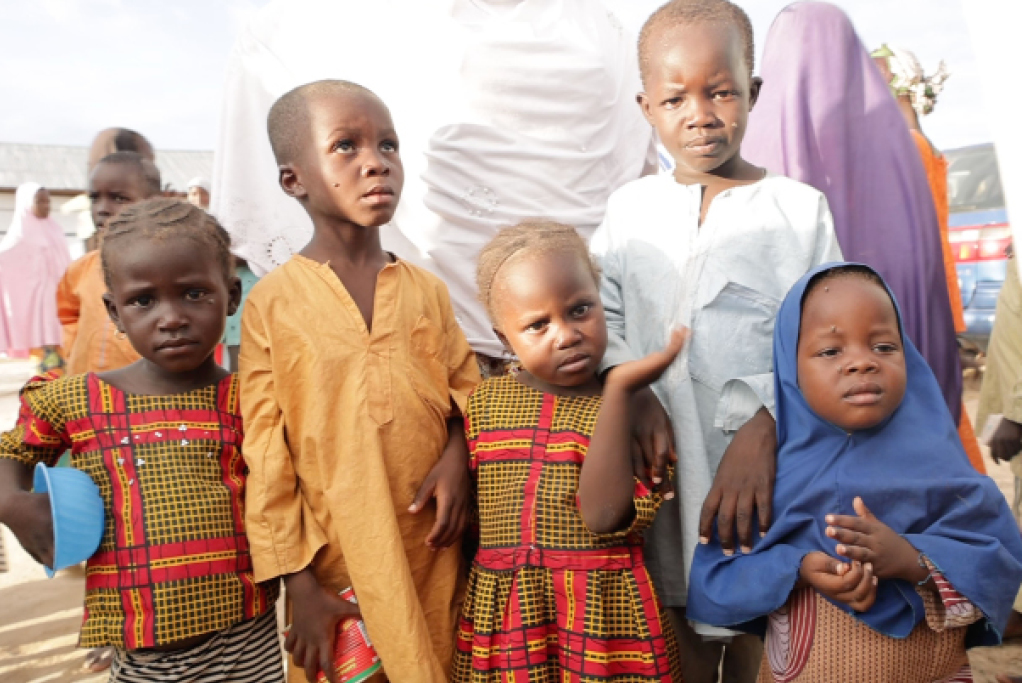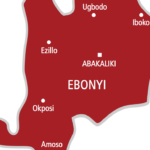Some people say it is too early to criticise the presidency of Bola Tinubu as he has been in power for less than one year.
Apparently seeking to boost the image of the man last week, spokesman Ajuri Ngelale advertised the president’s habits, describing him as a workaholic who stays up working until 2 or 3 nightly.
“He wakes up at 7 am-8 am every morning, including Sundays. Opening his files, working into the late nights when no one is there to say anything good or bad about him.”
“He is doing the work,” Ngelale gushed. “He is a workaholic, and he is doing it all to build a country that is reflective of a progressive and advanced country and prosperous society that he has envisioned, the same way he did in Lagos.”
- Gov Abiodun promises 10,000 houses in Ogun by 2027
- Ramadan: KEDCO pledges Improved Power Supply, introduces discount promo
The first thing to clarify is what “workaholic” means. A workaholic is not one who accomplishes a lot of work. It is not even one who is productive. It simply means someone who works compulsively or obsessively. In other words, such a person may be undertaking a lot of unproductive—or counter-productive–work.
The Nigeria ruler has been in charge for 10 months, during which time Nigeria has suffered remarkable reverses and descended into danger as one. Last week, as Ngelale made his declaration, the country had hit a new low: I spoke to no friend or relative anywhere in Nigeria who was happy. Nobody had public power supply.
Nobody who owns a car or a power generator had fuel to run it for more than an hour or two.
Nobody who has children had enough food for the week, or in some cases, even for that day.
Nobody who had somewhere to go was confident about his ability to undertake or complete that trip, either because of insecurity nationwide or airfares that have tripled in the past year.
Nobody thought they would be able to get some sleep that night, on account of the brutal heat, and—night after night—they could not.
In other words, Mr Ngelale was wrong about the right thing. At Tinubu’s age, according to some authorities, he needs 7-9 hours of sleep per night. If he chooses to be awake, he does not have to be working to be effective. He could be reading a book or listening to music.
Of greater importance, it is not a question of when he sleeps but of what he does when he is awake. Every office worker knows that someone “opening his files” or staring at his computer is no indication of work or productivity, let alone patriotism and leadership.
What does it profit the people of Nigeria if their ruler is “pressing” his phone into three o’clock in the morning to be advertised as “hardworking” only to prove to be prioritising such excesses as a presidential yacht and SUVs, or to have appointed his son-in-law, or the son of his party chairman, into high office? What does it profit them if his government is found to have paid the private hotel bills of his daughter, or to be placing his children at the head of an official federal delegation?
Because everyone knows that it profits them not at all. It was not intended to. Anybody in authority who claims to be awake halfway through the night may be thinking only of himself, his family, or his cronies.
If he is kept awake by genuine concern for his people, then he is probably reading reports and files and books, of which there are plenty, towards tackling the problems that plague them.
Given the current horrors in Nigeria, he might have been reading the March 2020 article by Zachary Donnefield of the Institute for Security Studies, “What is the future of poverty in Africa?”
“The global burden of poverty is highly concentrated in Africa, with more than 150 million people living in extreme poverty in just two countries – Nigeria and the Democratic Republic of the Congo – according to World Data Lab,” he writes.
“Projections from its system estimate that nearly 80% of the countries unable to eliminate poverty by 2030 will be in Africa. When weighted for absolute number of people living in poverty, that figure increases to more than 90%.”
90 per cent on the negative side of anything would normally be enough to keep a leader awake. Sadly, that is not so in Nigeria, and succeeding administrations in the country, since 1999, have found ways to compound the poverty question in the country. The Tinubu administration holds the distinction for working the quickest to the edge of the slope.
As Nigerians were writhing in pain last week, The Economist, in “Nigeria’s currency crisis is decades in the making,” a story on the naira swiftly becoming “the second-worst-performing currency in the world, after the Lebanese pound,” expressed shock at how quickly things were deteriorating.
“On the wealthy peninsula of Victoria Island in Lagos, Nigeria’s commercial capital, no one knows how much their grocery shopping costs,” it said. “Prices are changing so quickly that shopkeepers have given up on tags altogether. At the till, one might be shocked to discover that a tomato is now 120 naira (8 cents). Last year that could get you four, enough to balance out the hot spice in a pot of jollof rice. That staple dish is made dearer still by the soaring prices of onions and rice, forcing the poorest Nigerians to skip meals. Because Nigeria is dependent on imports, its weaker currency is pushing the annual inflation rate towards a three-decade high at almost 30%.”
Think about all that for a second. Rising poverty. Three-decade high inflation. Nigerians living in the dark. Citizens skipping meals.
All of this despite the party in power being the party that was in power eight years before, and the leader of that government declaring his party would liberate 100 million people from poverty.
The irony is that, halfway through the SDGs, we are exactly where we were in 2007, halfway through the MDGs, but only worse because, among others, Nigeria is now accepting alms from Ukraine, a country in the middle of a major war. How did we get here?
Better yet, as phrased by a BBC reporter in 2007, “Why Can’t Africans Fight Poverty?”
And that answer has not changed: Countries such as Nigeria enthrone leaders who come to consume, not to produce and certainly not to lead. Often, they are people who, having consumed, lack the basic capacity to acknowledge a purpose higher than themselves or a willingness to serve.
The truth is that if Nigeria is to “Make Poverty History”, as was envisaged 20 years ago, it must begin from within, with people who understand what commitment is.
A “progressive and advanced country and prosperous” society does not happen by chance. It is often attributable to a strong and committed leader with a gift of character.
On that rests sacrifice, which, once he commits, becomes vision and the standard offering of those around him. You cannot travel in a convoy of 20 or 50 cars, when five are superfluous and children are starving, and preach hope.


 Join Daily Trust WhatsApp Community For Quick Access To News and Happenings Around You.
Join Daily Trust WhatsApp Community For Quick Access To News and Happenings Around You.


